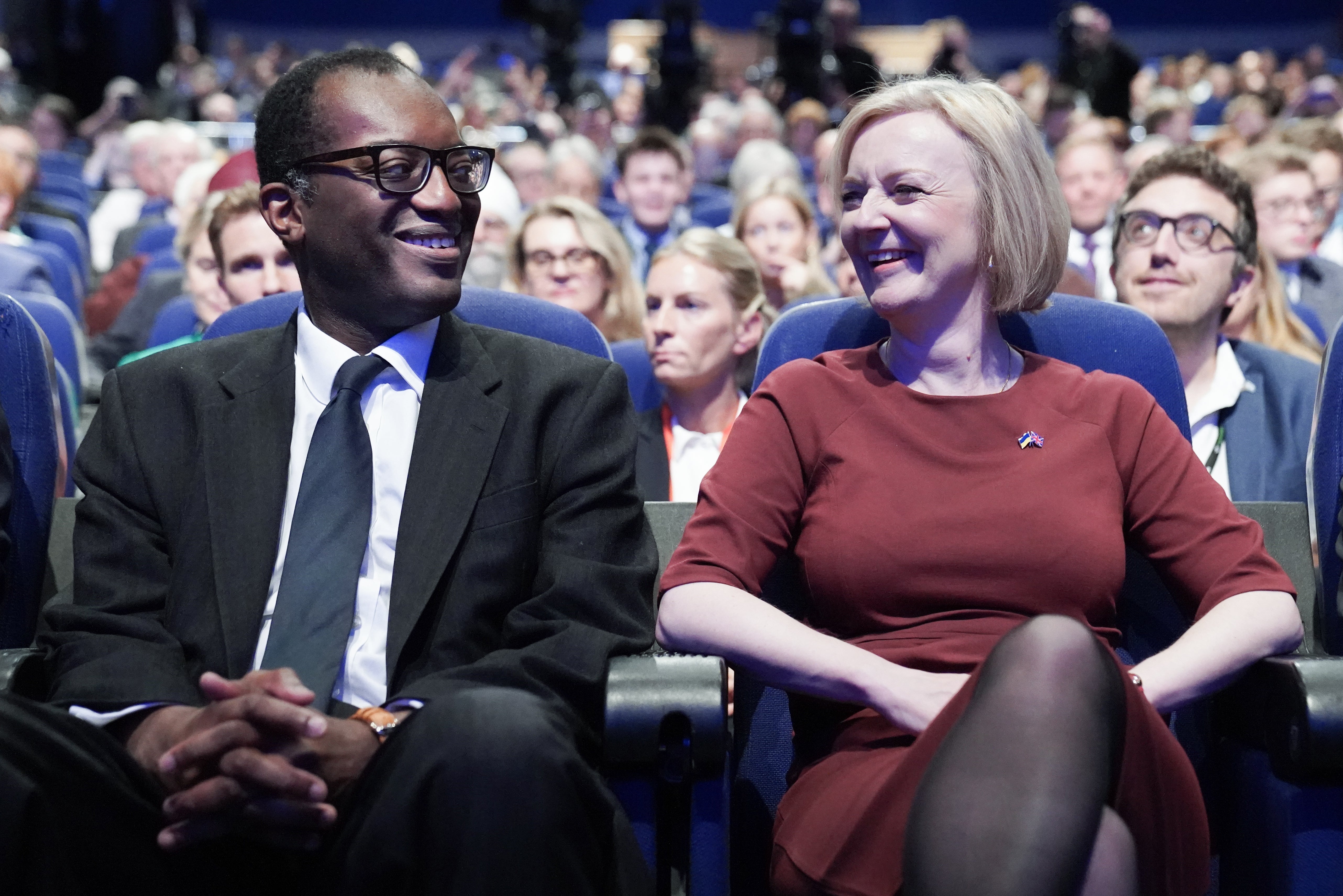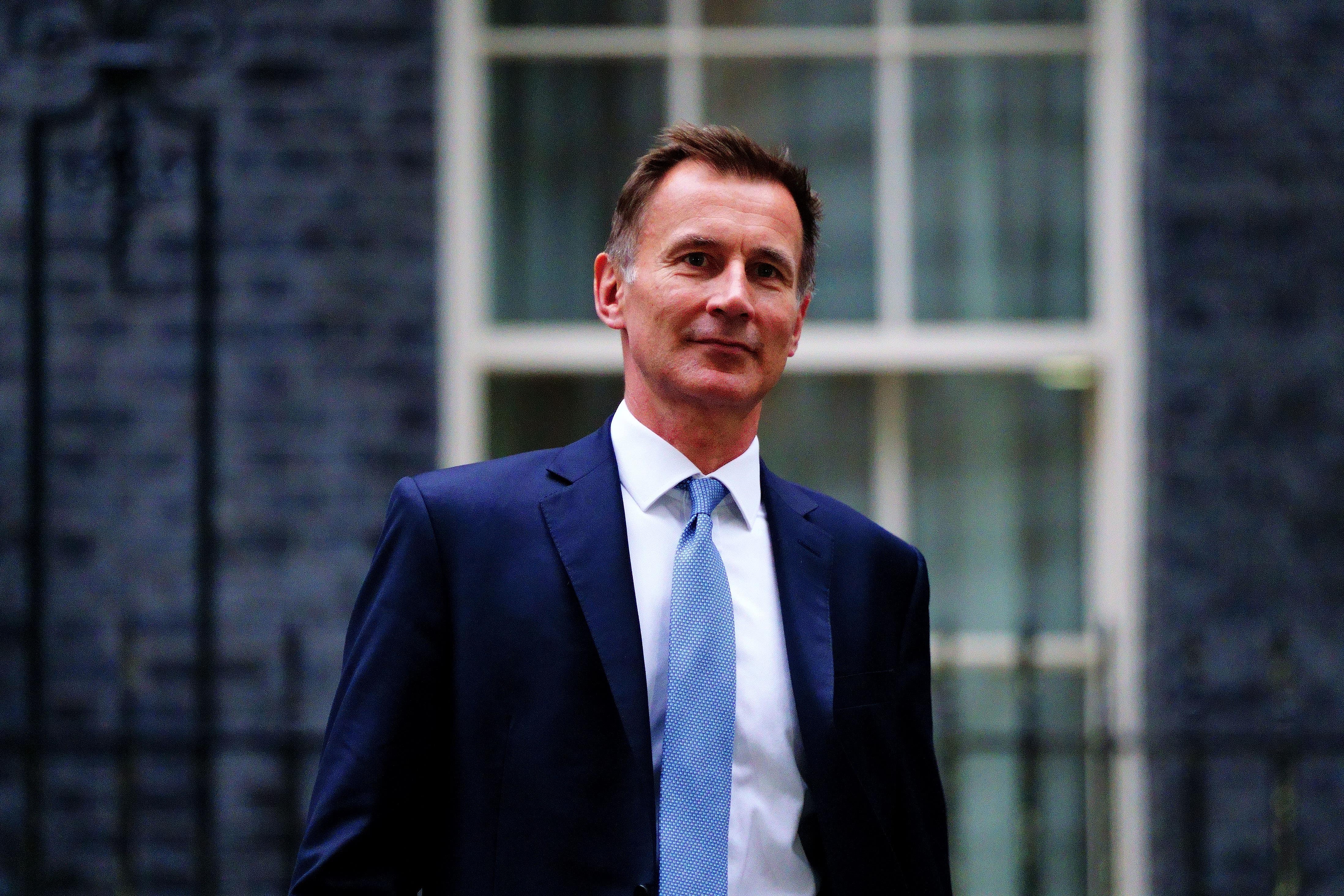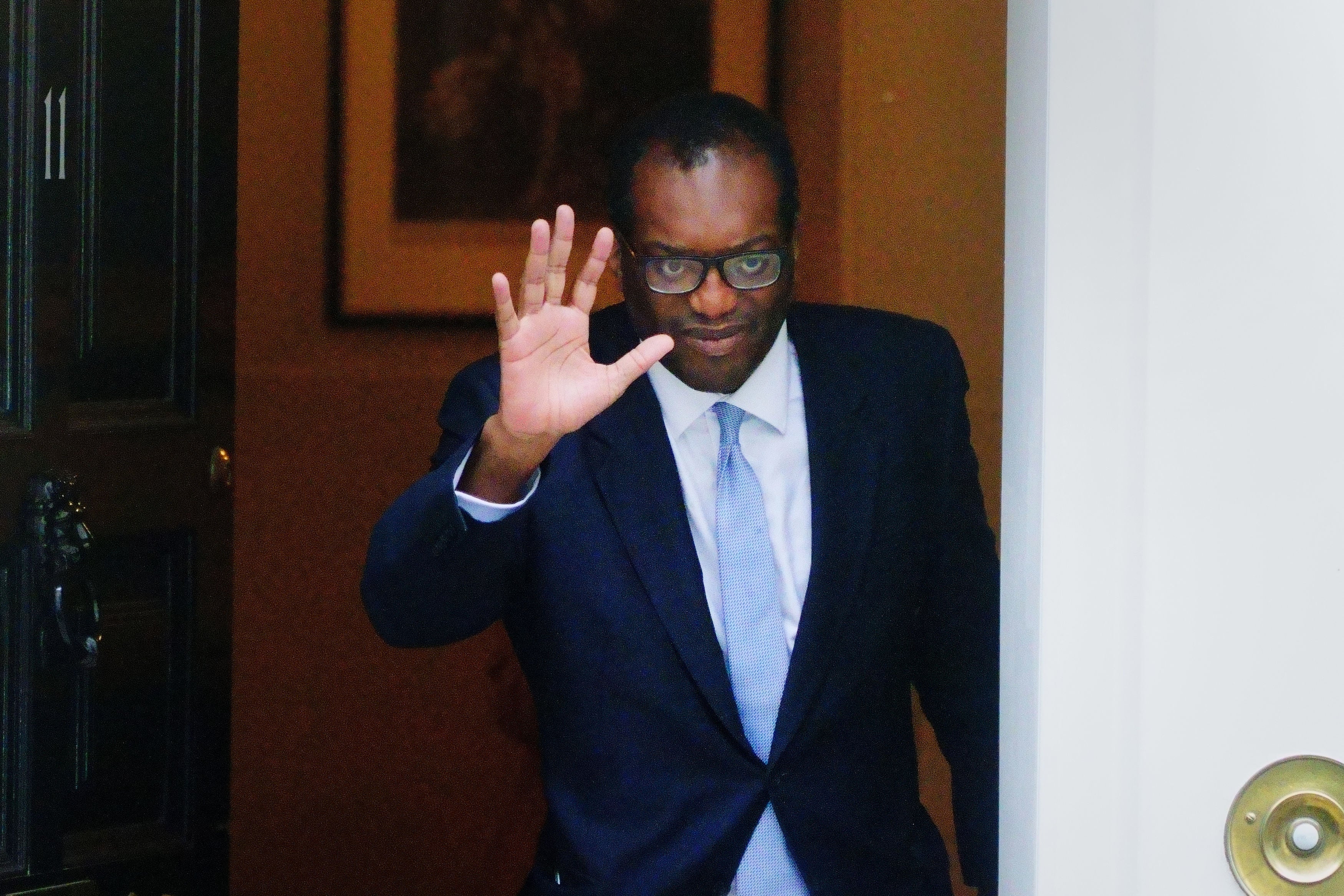What’s left of the mini-Budget? Bankers bonuses and tax hikes for workers
‘Almost all’ tax plans that have not started to go through parliament are being axed, new chancellor says
Your support helps us to tell the story
From reproductive rights to climate change to Big Tech, The Independent is on the ground when the story is developing. Whether it's investigating the financials of Elon Musk's pro-Trump PAC or producing our latest documentary, 'The A Word', which shines a light on the American women fighting for reproductive rights, we know how important it is to parse out the facts from the messaging.
At such a critical moment in US history, we need reporters on the ground. Your donation allows us to keep sending journalists to speak to both sides of the story.
The Independent is trusted by Americans across the entire political spectrum. And unlike many other quality news outlets, we choose not to lock Americans out of our reporting and analysis with paywalls. We believe quality journalism should be available to everyone, paid for by those who can afford it.
Your support makes all the difference.The UK’s new chancellor Jeremy Hunt has taken an axe to Kwasi Kwarteng’s so-called mini-Budget just weeks after it was announced.
In a statement on Monday morning, Mr Hunt said he would be getting rid of “almost all” of the tax plans his predecessor had not already ditched following the backlash to the plans.
It comes after a host of tax-slashing measures unveiled by Mr Kwarteng – who Mr Hunt replaced on Friday – spooked markets and saw the pound slump to an all-time low.
Mr Hunt confirmed he would be ditching many of these measures, saying the “most important objective” for the UK at the moment was “stability”.
But what is left of one of the most poorly received government financial plans in recent memory? We look at the list below.
What has been scrapped?
Removal of top rate of tax for highest earners
The first measure to go was a tax cut for the top earners in society, after a U-turn by Mr Kwarteng.
The government announced last month it would abolish the 45p rate for those earning more than £150,000 a year.
But the policy was abandoned within two weeks, with Mr Kwarteng saying it had been a “huge distraction” from an otherwise “strong package” of measures.

Abolishing planned corporation tax increase
Mr Kwarteng had also vowed to get rid of a planned increase to corporation tax in his mini-Budget.
But Ms Truss announced this rise would still go ahead in a U-turn on Friday shortly after sacking the chancellor.
This climbdown means corporation tax will rise from 19 per cent to 25 per cent next year.
Cut to basic rate of income tax
The government had planned to reduce the basic rate of income tax from 20 per cent to 19 per cent in April.
Mr Hunt said this cut would no longer go ahead on Monday – and the basic rate would remain at 20 per cent “indefinitely”.
“It is a deeply held Conservative value – a value that I share – that people should keep more of the money that they earn,” he said.
“But at a time when markets are rightly demanding commitments to sustainable public finances, it is not right to borrow to fund this tax cut.”
The move had been forecast to cost the Exchequer nearly £5.3bn in 2023-2024.

Help with energy bills
Mr Hunt said the “biggest single expense” in the mini-Budget was the energy price guarantee, which had been due to cap prices for two years.
He said the support would last until at least April. “But beyond that, the prime minister and I have agreed it would not be responsible to continue exposing public finances to unlimited volatility in international gas prices,” he said.
Mr Hunt said there would be a Treasury-led review into how households would be supported with energy bills beyond that.

Dividend tax
Mr Kwarteng announced he would abolish a planned 1.25 per cent increase to income tax on dividends in his mini-Budget last month.
But this was scrapped by Mr Hunt as he rowed back on tax cuts announced by his predecessor.
VAT-free shopping for overseas tourists
Mr Hunt said the government would ditch plans for new VAT-free shopping for international tourists.
The £2bn tax reduction announced by Mr Kwarteng last month had been welcomed by retail bosses.

Freeze on alcohol duty
There were plans to increase alcohol duty before Mr Kwarteng scrapped them in his mini-Budget.
This measure has also gone full circle, with Mr Hunt saying the planned tax rises on beer, cider, wine and spirits will go ahead.
Easing of IR25 rules for self-employed
Mr Kwarteng had promised to ease off-payroll working reforms.
Mr Hunt said this would no longer go ahead in a U-turn that could save the government £2bn.
What measures are being kept?
Reversal of national insurance hike
National insurance was increased by 1.25 percentage points in April to help fund health and social care – but Mr Kwarteng said this would be reversed from next month.
Mr Hunt said he would be keeping the decision to cancel the hike introduced by previous chancellor Rishi Sunak.
Scrapping health and social care levy
The national insurance hike was originally expected to be reversed in April and replaced by a 1.25 per cent health and social care levy.
This new levy was scrapped by Mr Kwarteng and upheld by Mr Hunt.
Stamp duty changes
Mr Kwarteng cut stamp duty in the mini-Budget, with the nil rate threshold doubled from £125,000 to £250,000. First-time buyers, who already paid no stamp duty on the first £300,000 of the price of a property, saw the threshold raised to £425,000.
Mr Hunt said he would be keeping these changes.
Bankers’ bonuses
The mini-Budget scrapped a cap on bankers’ bonuses. This has not been reversed by either Ms Truss or Mr Hunt.






Join our commenting forum
Join thought-provoking conversations, follow other Independent readers and see their replies
Comments